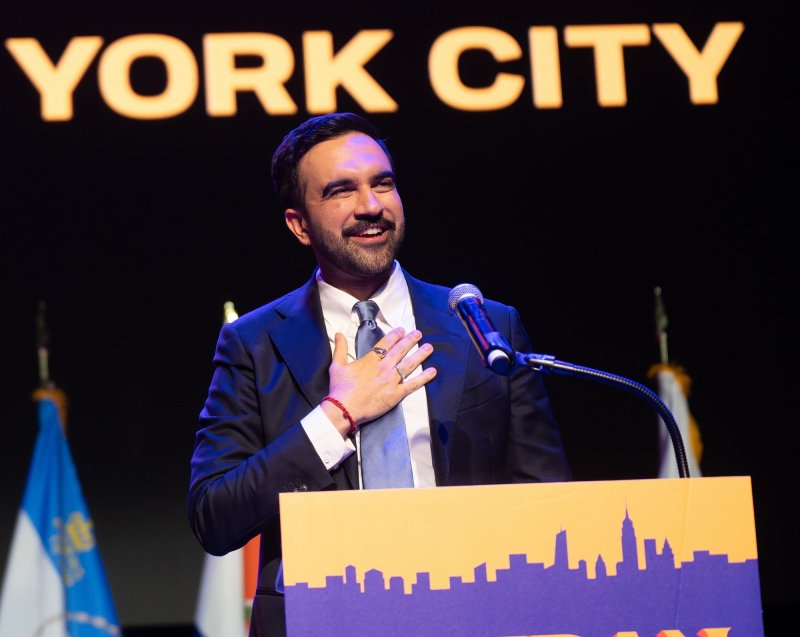BY MOSHE HILL STYLE AND LIVING OCTOBER 01 2024
Sam Berger, the first-term Democrat representing New York’s Assembly District 27, has been making waves since stepping into office in September 2023. While partisan politics often dominate discussions, Berger’s actions demonstrate that effective local governance can transcend the traditional red and blue divide. His work, particularly in areas like combating EBT theft, addressing anti-Semitism, and co-sponsoring legislation such as the mask ban, highlights a focus on community needs rather than national political rhetoric.
Coming into office after winning a special election after the resignation of Daniel Rosenthal, Berger thought he had time to get his bearings for a few months before the Legislative session resumed. “The legislative session is from January to June. That’s when I’m in Albany to pass bills, stop bills, work on the budget,” he said. “So, I thought I had from September until January to learn the ropes, and October h threw that all off.”
In a time of rising political extremism, Berger’s role in the aftermath of the October 7 attacks is another instance where his actions have been noteworthy. Working with local religious institutions and the NYPD, he made security a priority, ensuring that synagogues in the 107th precinct and beyond were protected. His stance against the “Not on Our Dime” Act, a bill that would allow an Attorney General to shut down any non-for-profit that donated to Israel, illustrates his commitment to combating hate, even when it means taking on the more radical elements within his own party. Berger has taken over the mantle from Rosenthal to ensure that this legislation never sees the light of day.
The Democratic Socialists of America (DSA) may have a small foothold in the state legislature, but Berger recognizes the importance of maintaining balance. He advocates for moderation within his party, believing that pulling out Democrats who serve as moderating voices will only allow the more extreme elements to gain influence. His argument—that having a seat at the table allows moderates to push back against extremism—resonates with those who are wary of the growing ideological divide in politics.
Berger’s co-sponsorship of the mask ban legislation further reflects a nuanced understanding of free speech and public safety. In a world where protests often blur the line between peaceful demonstration and violence, Berger’s stance makes it clear that while the right to protest is essential, it should not come at the expense of others’ rights to safety and security. The governor and Mayor Adams have expressed interest in this legislation, but Berger has emphasized that it will likely require a significant political push to pass.
Berger’s response to the massive EBT and SNAP theft that impacted constituents in his district is another example of focusing on community needs over partisan rhetoric. After more than $150,000 in benefits were stolen, Berger acted swiftly to provide both immediate relief and long-term protection for those affected. By passing legislation that added theft protections to EBT cards—something previously overlooked—he not only assisted his constituents but also saved taxpayers from being hit twice. This practical approach shows a willingness to solve problems at their root, rather than simply throwing money at them.
Despite his position as a Democrat, Berger is keenly aware of the political makeup of his district. He knows that many of his constituents are likely to vote Republican on the national level, but he stresses the importance of evaluating candidates based on their work in the community rather than strictly adhering to party lines. “This isn’t a blue team, red team thing,” Berger has said, underscoring the need to prioritize local issues over national politics.
Berger’s first year in office has been marked by a clear focus on local governance. Instead of trying to reshape the political landscape of New York State, he has honed in on the specific needs of his constituents. His ability to work across the aisle, defend his community, and pass meaningful legislation offers a reminder that effective leadership can exist outside the usual partisan framework.
In an era where political division often trumps collaboration, Berger’s work stands as an example of how local politics can sometimes rise above party loyalty. With a focus on the well-being of his district rather than scoring political points, Sam Berger is trying to prove that a Democrat can work effectively—even in a community that leans Republican.


